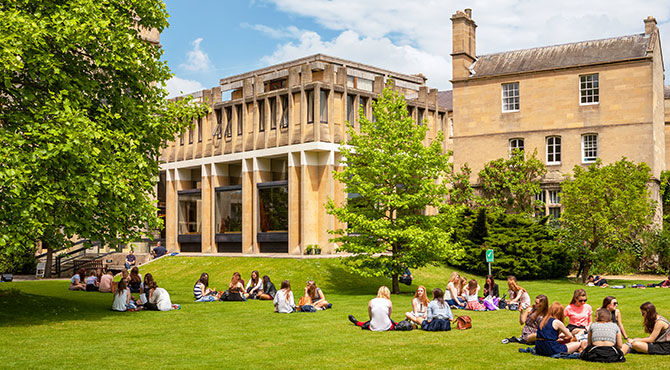UK University Fee Status: Myths and Tips
If you are a British expat planning to study at a UK university, have you thought about how you will get Home fees?

Myth 1: I’m a British citizen so I’ll get Home fees automatically.
Unfortunately, this is not the case. This only meets one of the criteria for Home fees, there are other criteria that you need to meet. In fact, you don’t need to have a British passport to be eligible for Home fees but you do need to meet the immigration criteria.Myth 2: I own property in the UK which makes me eligible for Home fees.
This could help your case for Home fees, but it doesn’t guarantee it. You could still be eligible for Home fees if you don’t own any property in the UK. The important thing is to have a UK ‘Home’ but this might not be a property you own.Myth 3: I’m on a temporary visa overseas so that must prove that my home is the UK.
Not necessarily. British expats often live abroad for long periods of time on a succession of temporary or renewable visas. Universities largely overlook your visa as evidence that you are eligible for Home fees as it doesn’t prove that the UK is still your permanent home country.Tip 1: Plan ahead
The biggest mistake people make is to think about fee status when they are just applying to university but by then you are already at a disadvantage as you cannot change your circumstances to strengthen your case. Thinking about this 3 years before university will give you the best outcome.Tip 2: Be organised
Many cases for Home fees rest on what evidence is provided to prove that the eligibility criteria have been met. Save all documentation for your connections back to UK, visits home and employment circumstances, as almost all universities will request these when you apply.Tip 3: Get Advice
When universities assess your fee status, they look at your life in detail, including your living circumstances (from birth), UK home and connections, employment circumstances, travel history, immigration status, among many other things. As unrivalled experts with over 10 years’ experience in the field, we take all of this into account when personally advising you to help you maintain your eligibility for Home fees.Kate Raison, of UK Study Options, participated in our Higher Education webinar - she provided advice on personal statements, the importance of gaining work experience and what to look for when visiting shortlisted universities.
Visit the UK Study Options website for more information<< Return to the Great Education & Schools' Fair homepage
©2026 Re:locate magazine, published by Profile Locations, Spray Hill, Hastings Road, Lamberhurst, Kent TN3 8JB. All rights reserved. This publication (or any part thereof) may not be reproduced in any form without the prior written permission of Profile Locations. Profile Locations accepts no liability for the accuracy of the contents or any opinions expressed herein.



































